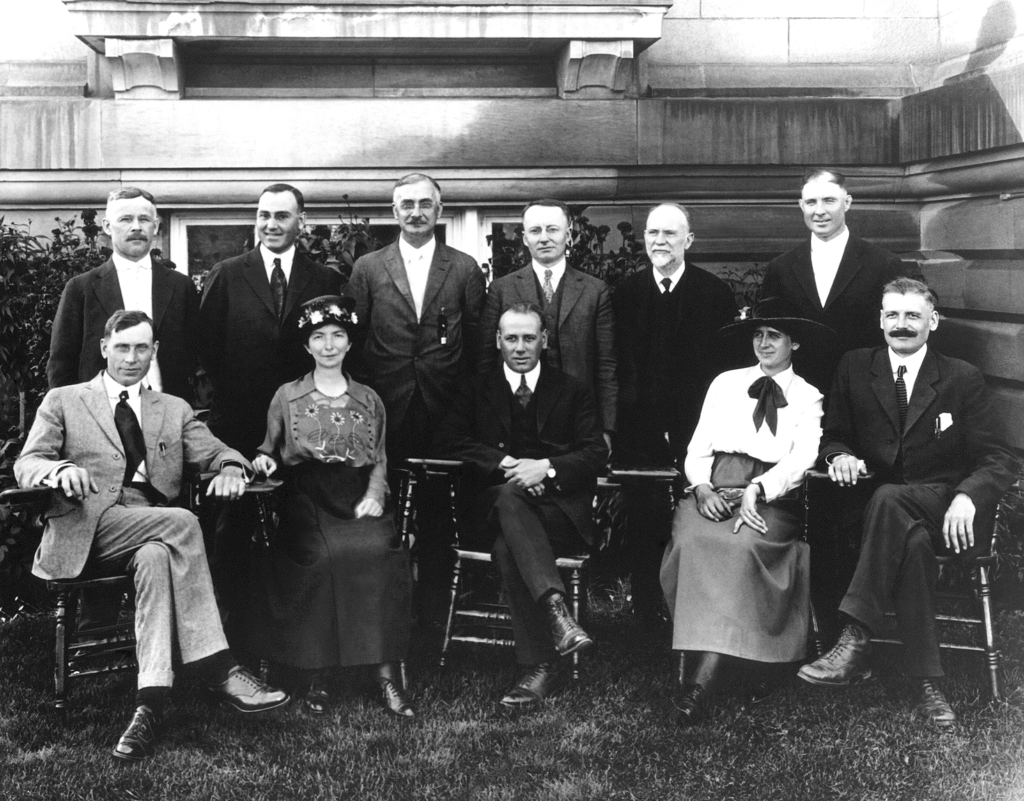About Us
Land Acknowledgement
A land acknowledgement is a public declaration of our responsibility and our commitment to seeking truth and reconciliation.
The Canadian Teachers’ Federation recognizes the contributions of all First Nations, Métis, and Inuit peoples. In honour of truth and reconciliation in education, we acknowledge and give gratitude to the Indigenous peoples whose lands we are on today. The office of Canadian Teachers’ Federation is located on the traditional unceded territory of the Algonquin Anishnaabeg People. The Algonquin peoples have lived on this land since time immemorial.
Our vision
A Canada where every child has equitable access to quality publicly funded public education.
Our purpose
To unite Canada’s provincial and territorial teachers’ organizations, as the strong national advocate for and defender of public education, labour rights, and social justice in the education sector.
Our Values
Human Rights Statement
The Canadian Teachers’ Federation is committed to:
- Providing a workplace in which all people are treated with respect and dignity;
- Fostering an environment of cooperation and confidence to protect the rights of all persons;
- Rejecting and condemning behaviour that undermines the dignity and self-esteem of individuals or the integrity of relationships;
- Promoting mutual respect, understanding and cooperation as the basis for interactions between all individuals;
- Supporting a member or delegate’s democratic right to vote free of harassment and intimidation.
Historical timeline
2020
The CTF/FCE begins a new century with a new look
100th anniversary
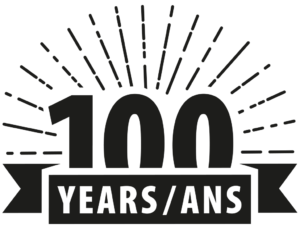
2019
Launch of FEM•LEAD•FÉM
2018
Implementation of land acknowledgement and Indigenous welcome whenever possible at CTF/FCE meetings and events
Official bilingual name “CTF/FCE” launched
The Ontario Secondary School Teachers’ Federation (OSSTF/FEESO) returns as a CTF/FCE Member Organization
2017
First recognition of an Indigenous Elder
2016
The British Columbia Teachers’ Federation (BCTF) returns as a CTF/FCE Member Organization
2015
Launch of Speak Truth to Power Canada
Dianne Woloschuk
Education International (EI)’s Executive Board Representative (2015–2019 and 2019–present)
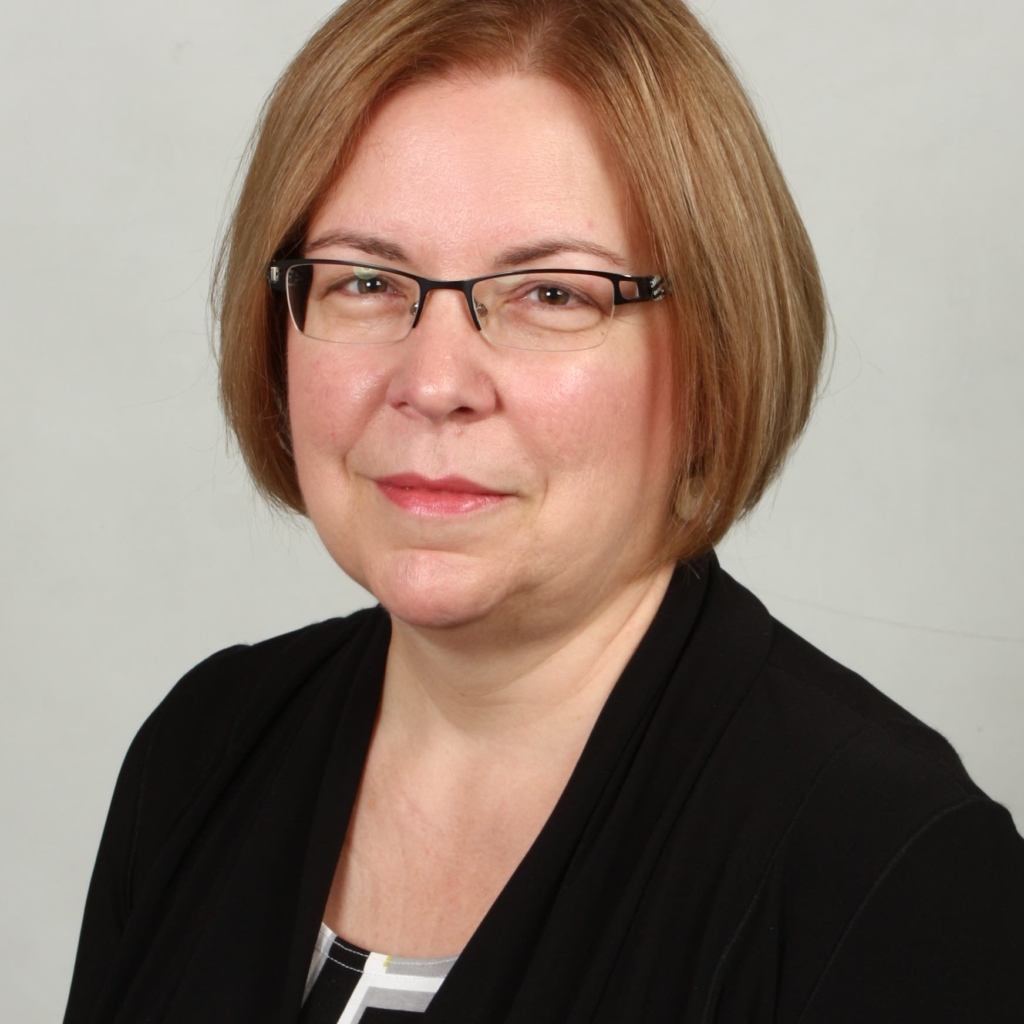
The CTF/FCE hosts the 7th Education International World Congress in Ottawa
The CTF/FCE co-hosts the ISTP in Banff, Alberta
VISION 2020 strategy adopted
Cassandra Hallett
First woman to be appointed in the role of Secretary General at the CTF/FCE
2014
Creation of the Advisory Committee on the Teaching Profession
Vox/Hear My Voice and Vox 3.0
PELF launched
Series of Student Voice launched
2013
First National Staff Conference
Creation of the National Teacher Research Network
Vox/Hear My Voice and Vox 2.0
The Syndicat des enseignantes et enseignants du programme francophone de la Colombie-Britannique (SEPF) becomes the first CTF/FCE Associate Member
2012
50th anniversary of Project Overseas
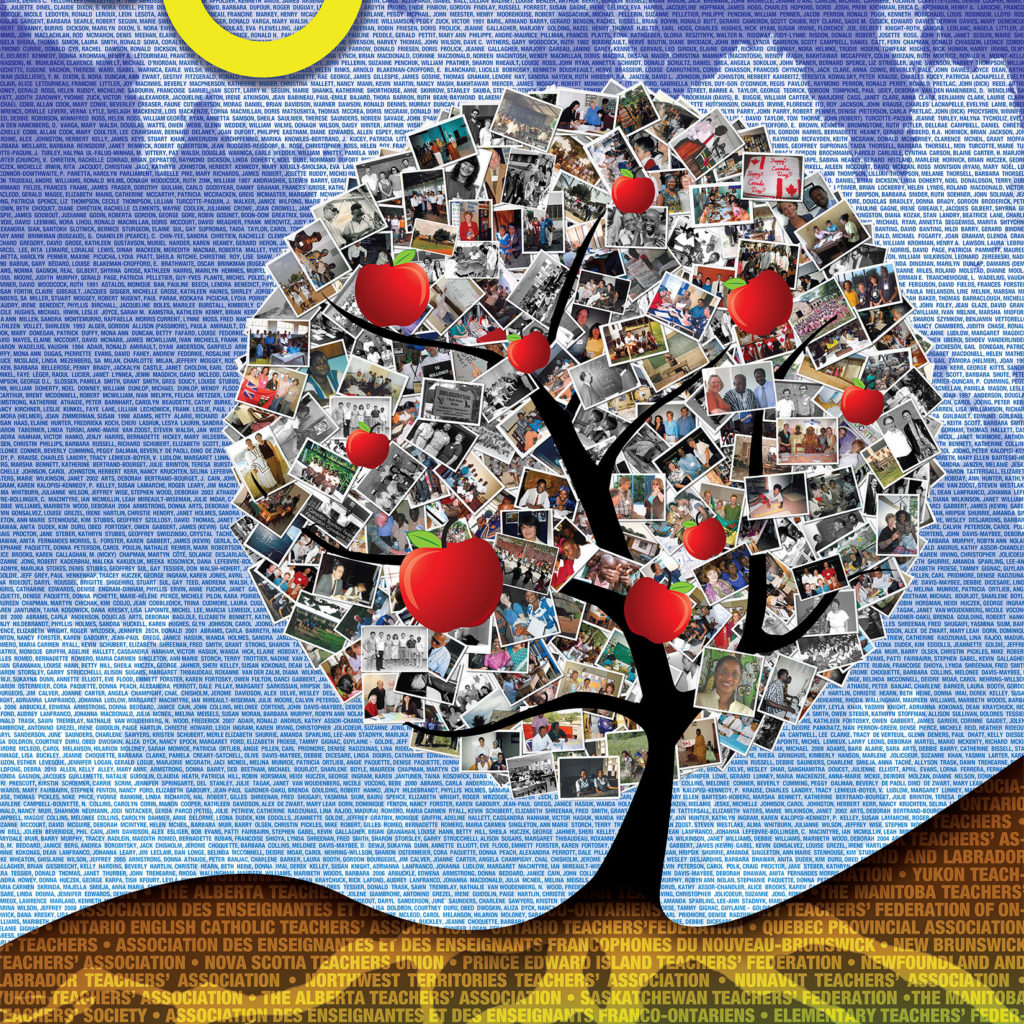
2010
The CTF/FCE takes part in the first International Summit on the Teaching Profession (ISTP)
First Women’s Symposium
Imagineaction launched
2009
Creation of the President’s Forum (renamed Canadian Forum on Public Education in 2016)
2008
Recognition of an Outstanding Indigenous Educator
2007
Emily Noble
Education International (EI)’s Executive Board Representative (2007–2011 and 2011–2015)
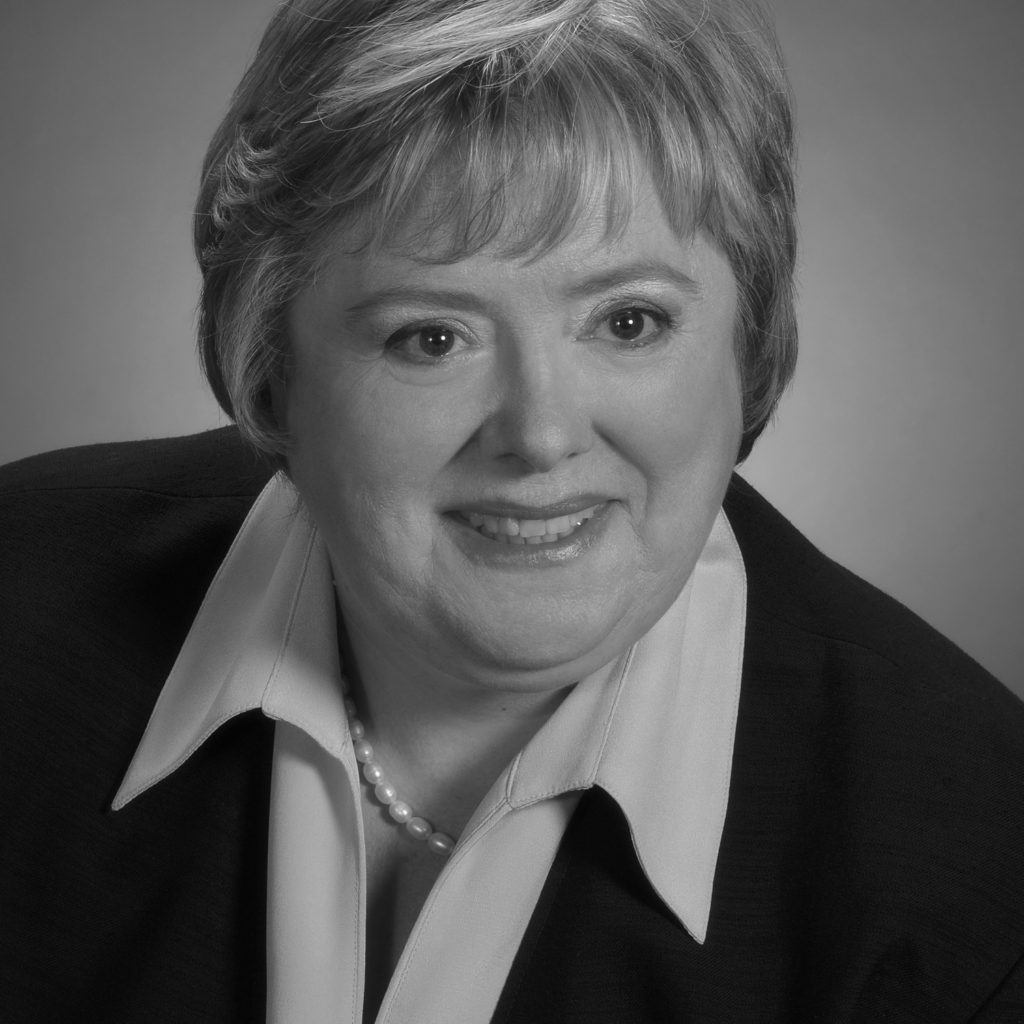
First Teacher Collective Bargaining Conference
Launching of the Members’ Only site
2006
Creation of the Ad Hoc Committee on the Status of Women (which later became the Advisory Committee on the Status of Women)
2005
The Ontario Teachers’ Federation (OTF) becomes the first CTF/FCE Affiliate Member
2001
Creation of the Ad Hoc Committee on Bisexual, Gay, Lesbian, Transgender and Two-Spirited Issues (BGLTT) (which later became the Advisory Committee on Diversity and Human Rights)
Marilies Rettig
Education International (EI)’s Executive Board Representative (2001–2004 and 2004–2007)
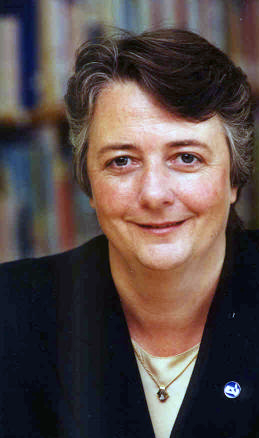
Public Education Advocacy Award
Creation of Services to francophones (which later became the Francophonie Program)
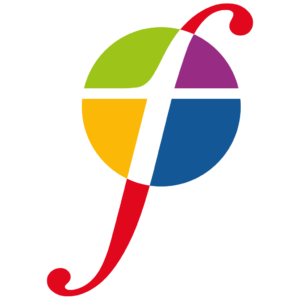
First inter-action overseas team Ghana
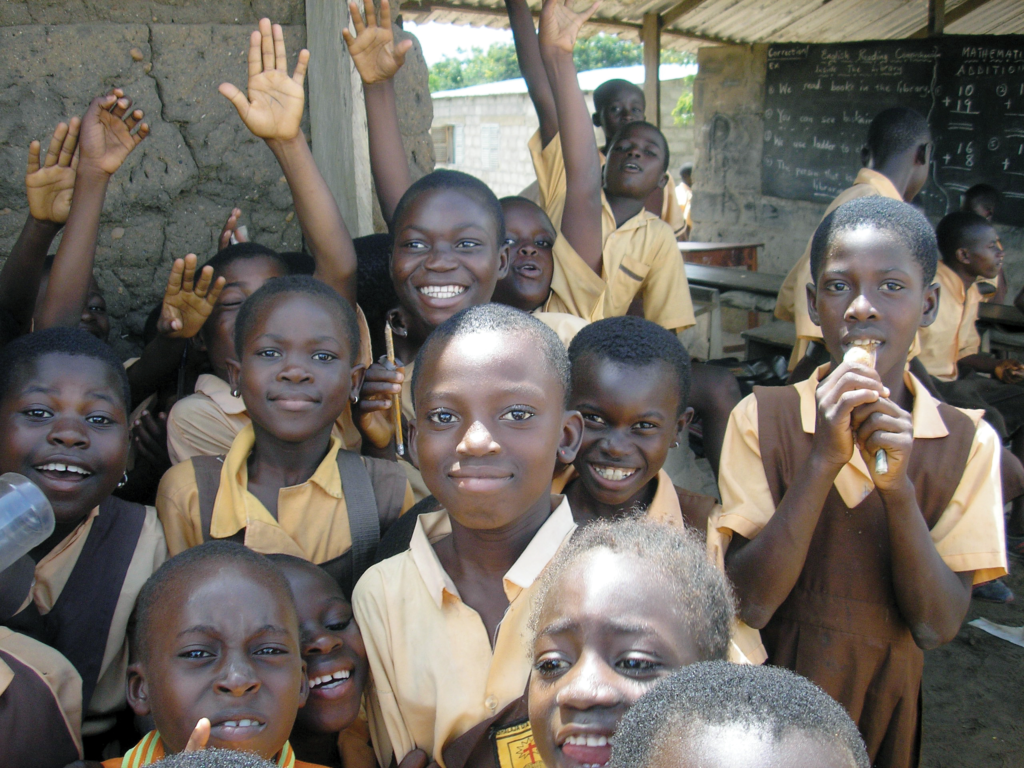
The CTF/FCE moves to its current Ottawa address (2490 Don Reid Drive, Ottawa, Ont.)
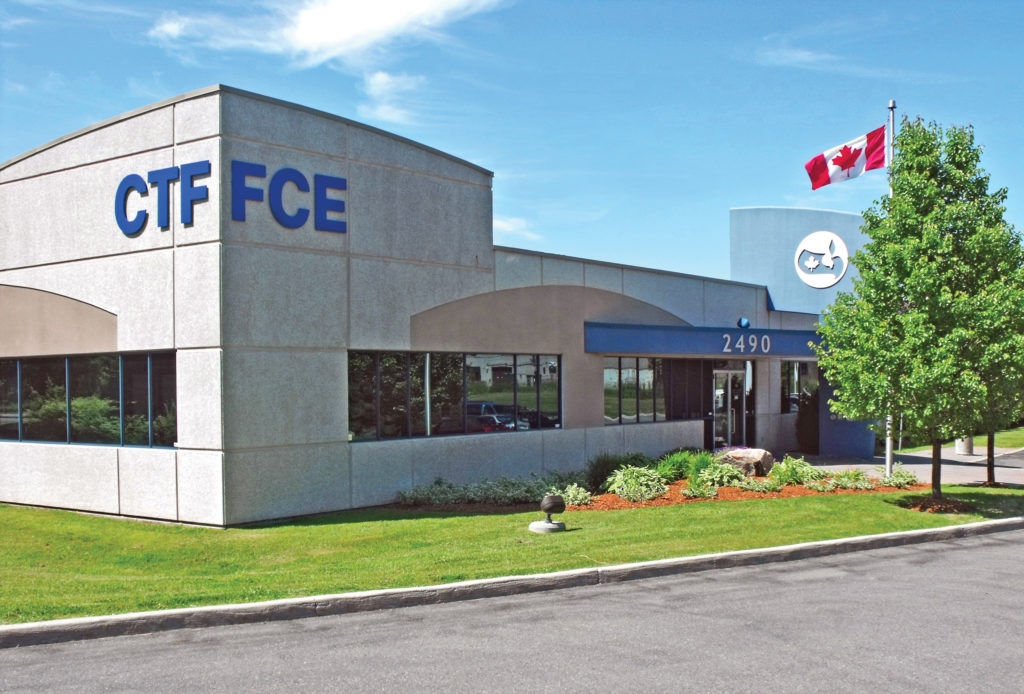
1999
Creation of the Ad Hoc Committee on the Aboriginal Voice in CTF (which later became the Advisory Committee on Indigenous Education)
1996
Administration of the Mathieu Da Costa Awards Program, in partnership with Canadian Heritage
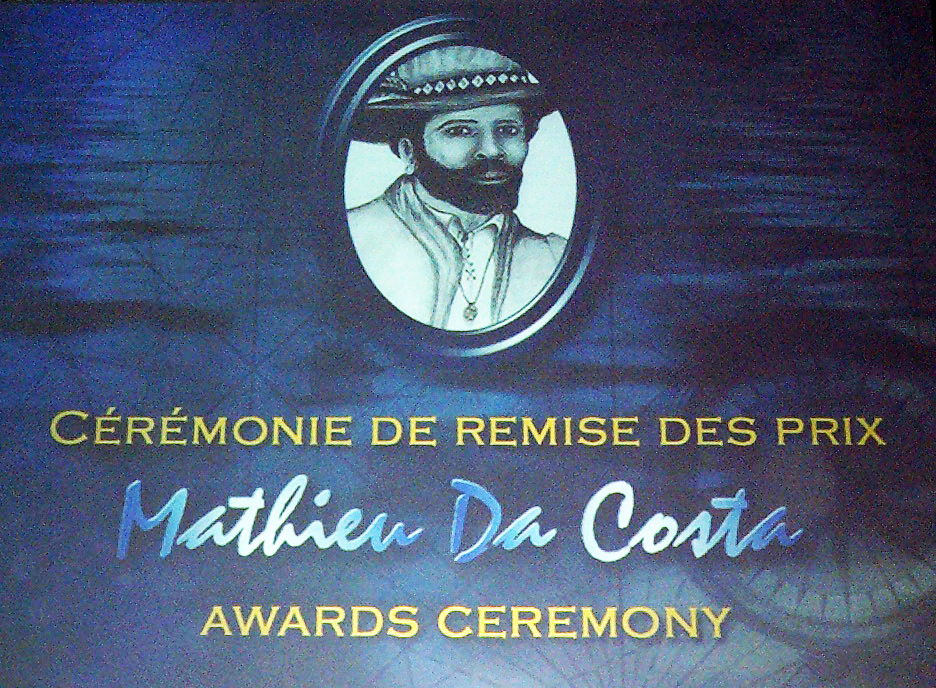
1994
Creation of World Teachers’ Day
1993
Creation of the Ad Hoc Committee for National Issues in Education
The CTF/FCE joins newly formed Education International

1992
Launch of the CTF/FCE “Hit the Books!” Program

1990
Protecting teacher rights
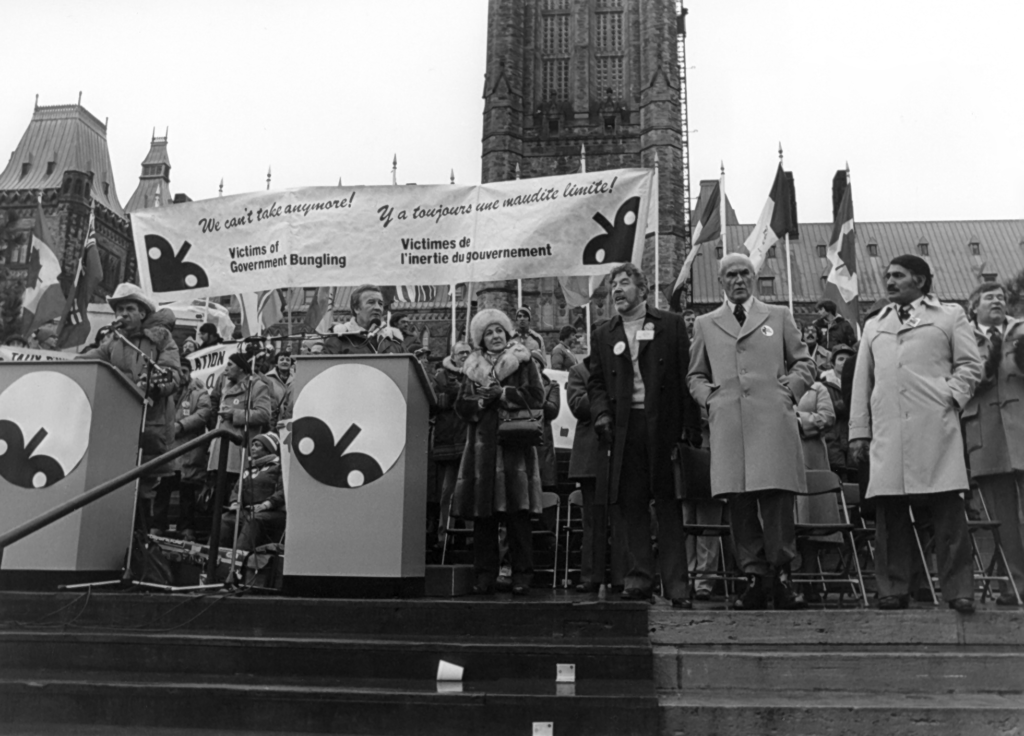
1988
Creation of the Advisory Committee on Services Involving French as a First Language (which later became the Advisory Committee on French as a First Language) and of the Network of Francophone Liaison Officers
1982
Canadian Teachers’ Defence Fund
1980
International Women’s Bursaries began
John M. Thompson Fellowship Program started
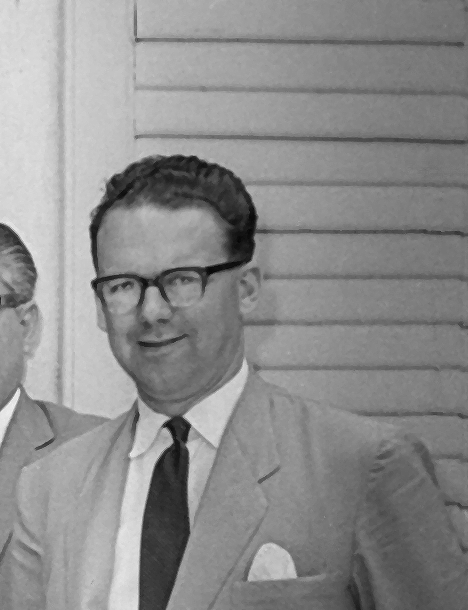
1977
Special Recognition Award
Creation of CTF/FCE Translation Services
1972
Third CTF/FCE logo
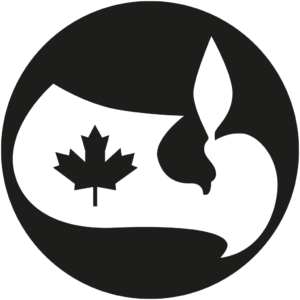
First CTF/FCE building in Ottawa
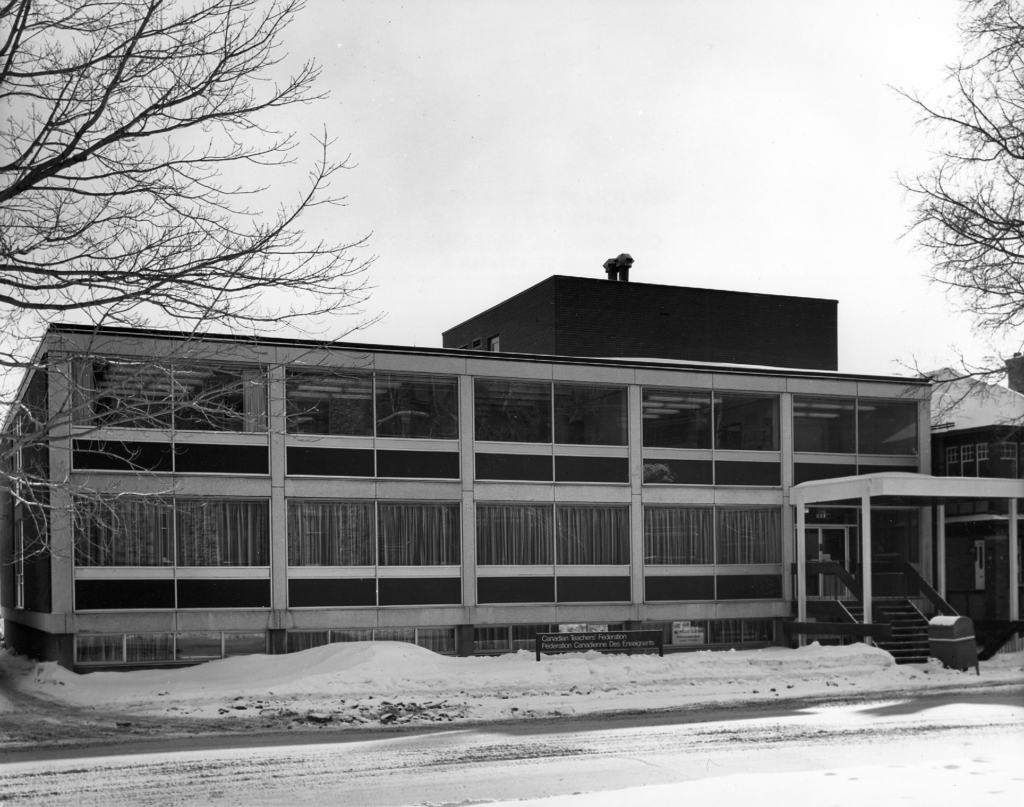
1971
1970
Brother A.F. Brennan
First full-time President
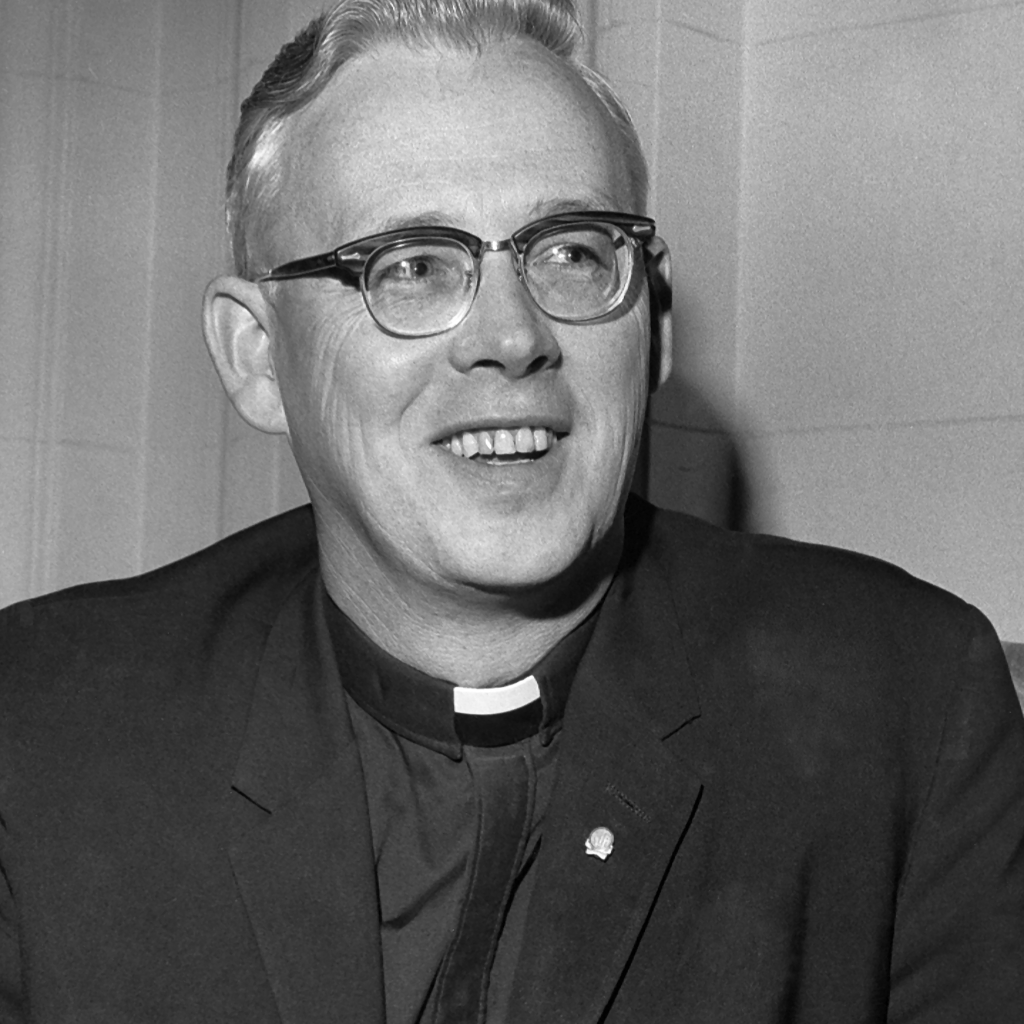
1969
Creation of the Hilroy Fellowship Program
1968
Creation of the French Language Commission
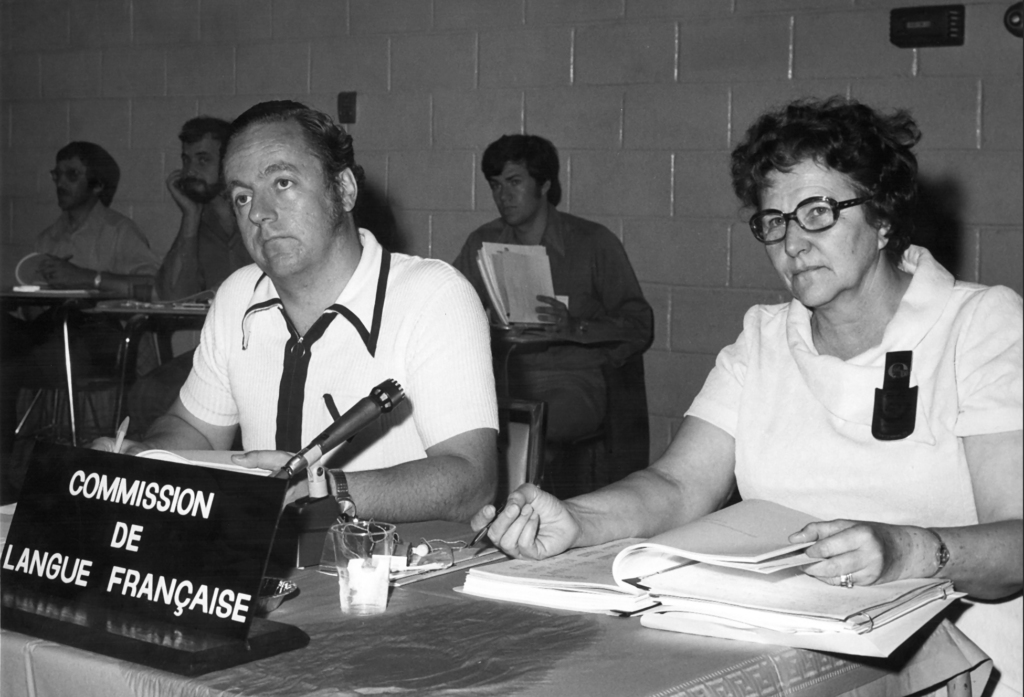
1965
1963
Second CTF/FCE logo
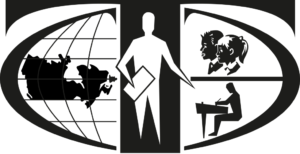
1962
First Project Overseas, in Nigeria
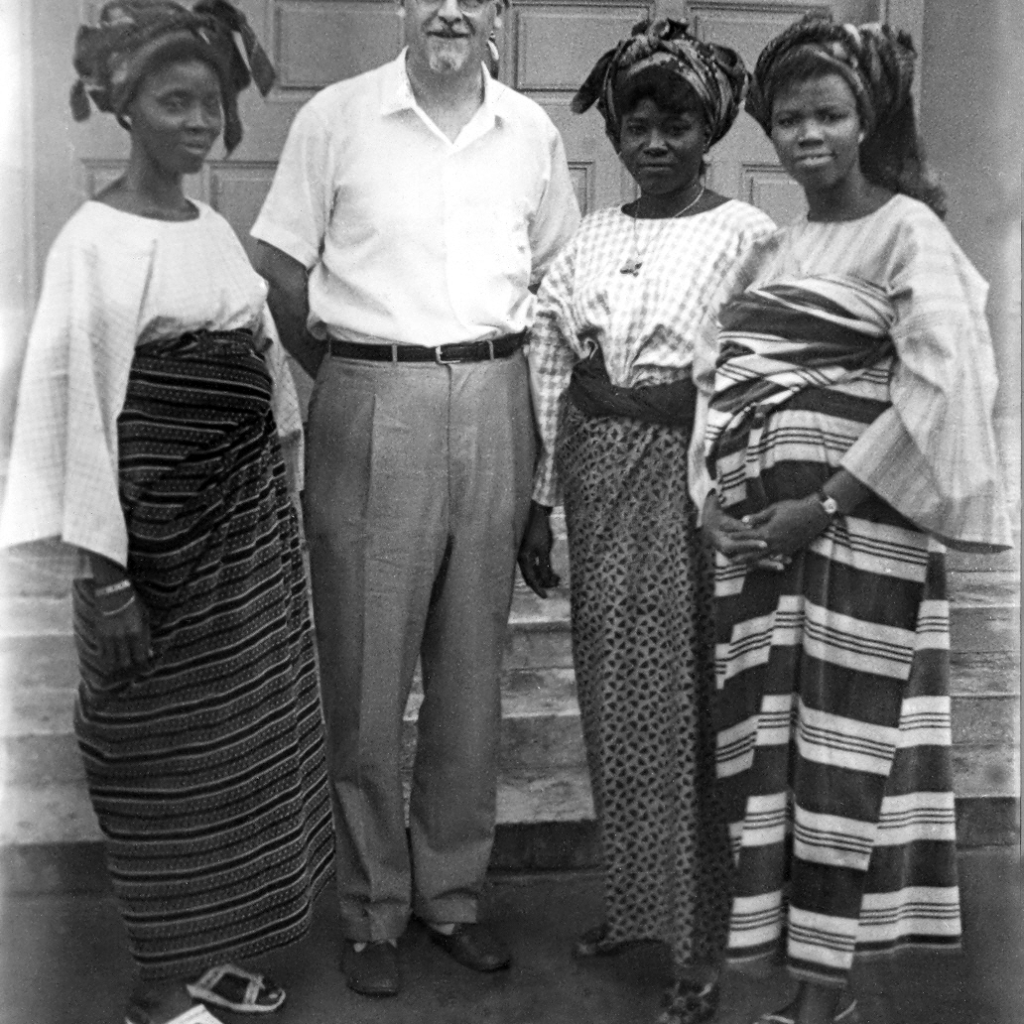
The CTF/FCE introduces International Programs
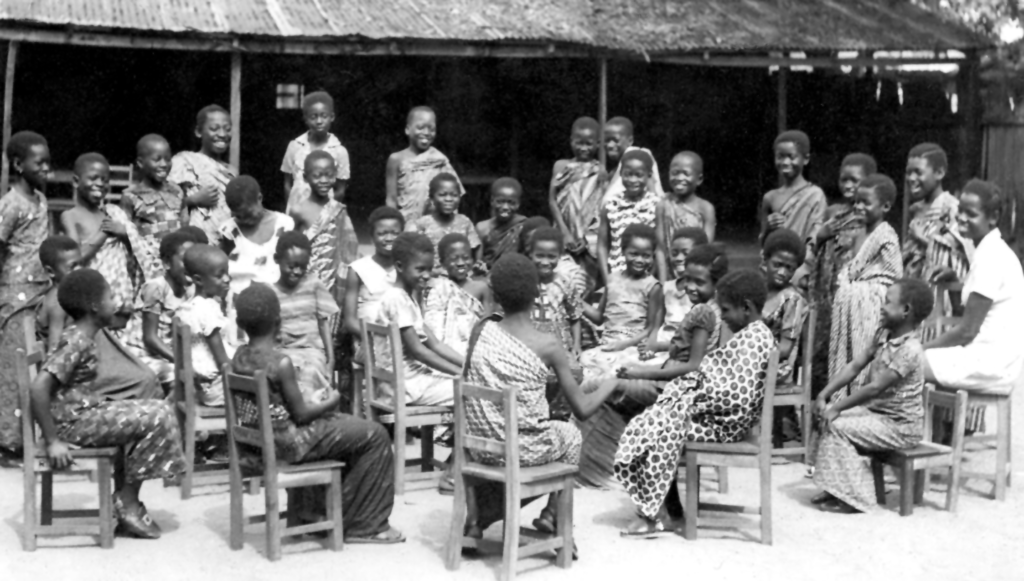
1950
The CTF/FCE adopts national education policy
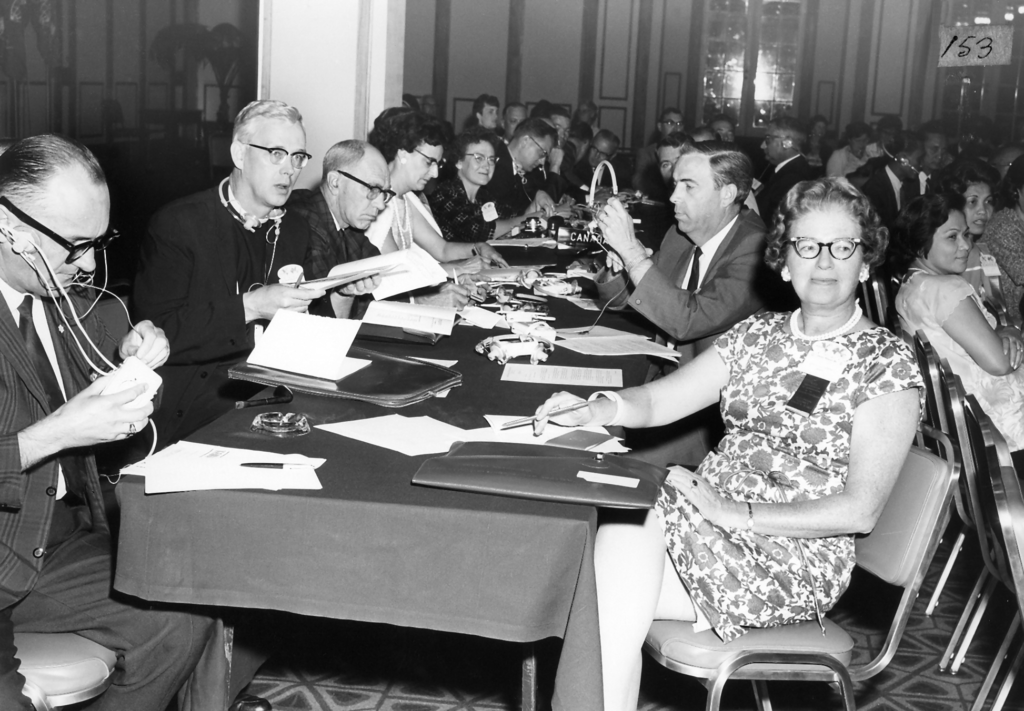
1949
1948
Teacher bargaining rights secured
Dr. G.G. Croskery
First full-time Secretary-Treasurer
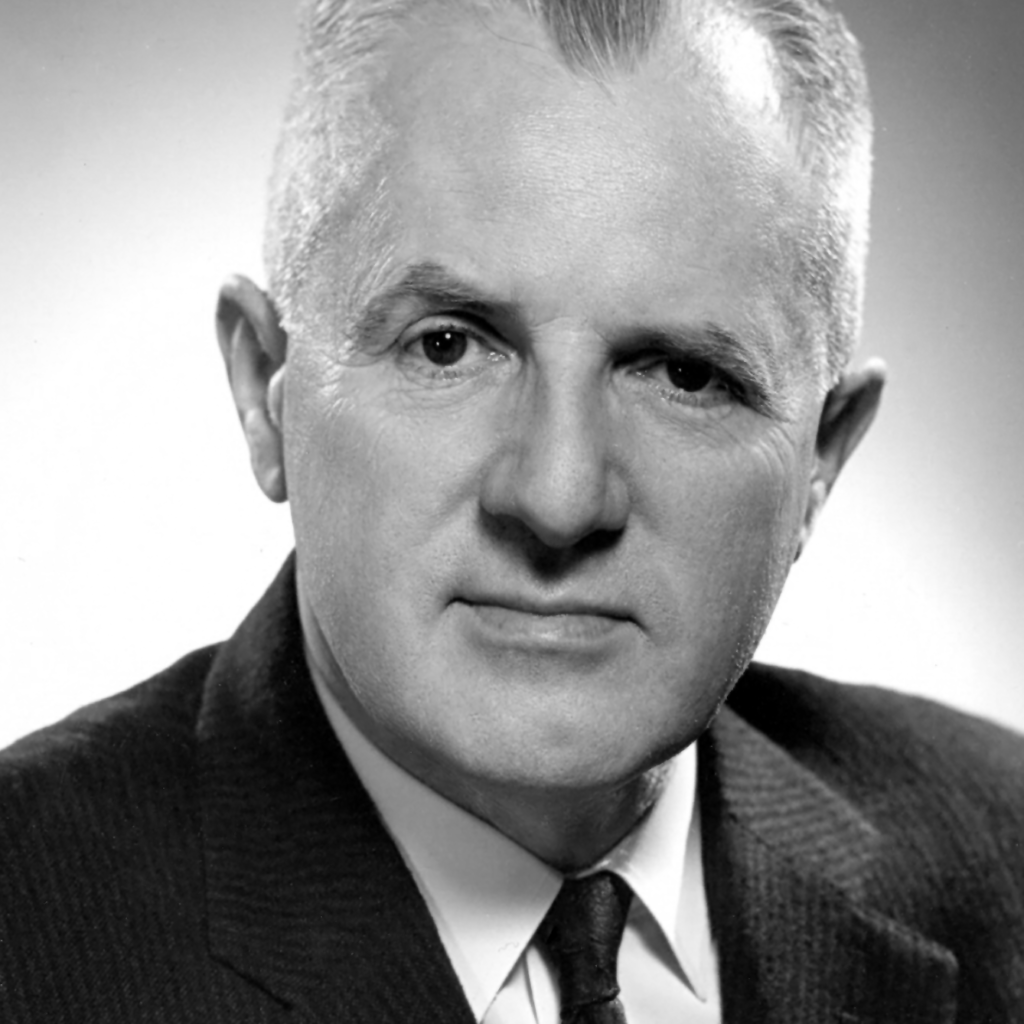
Central office established in Ottawa
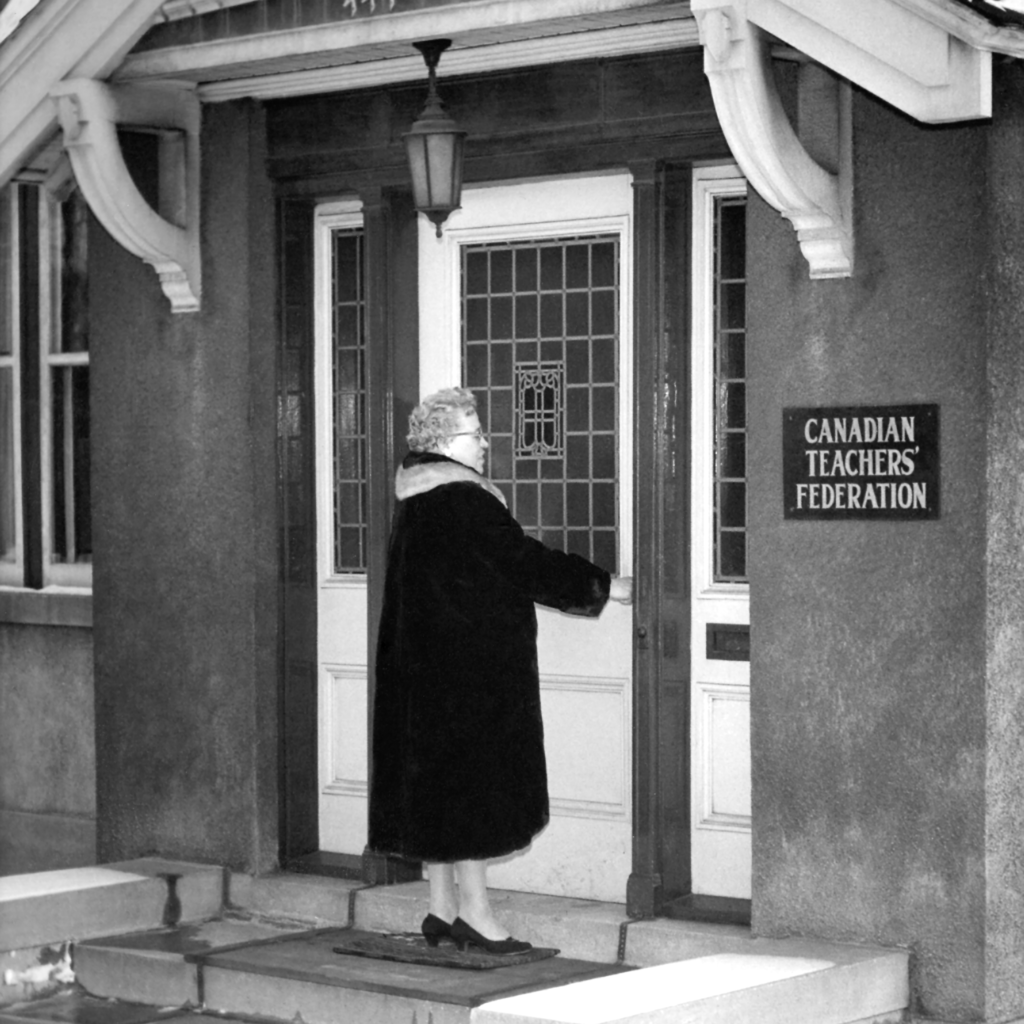
1940
Miss E. Anderson
First woman elected President
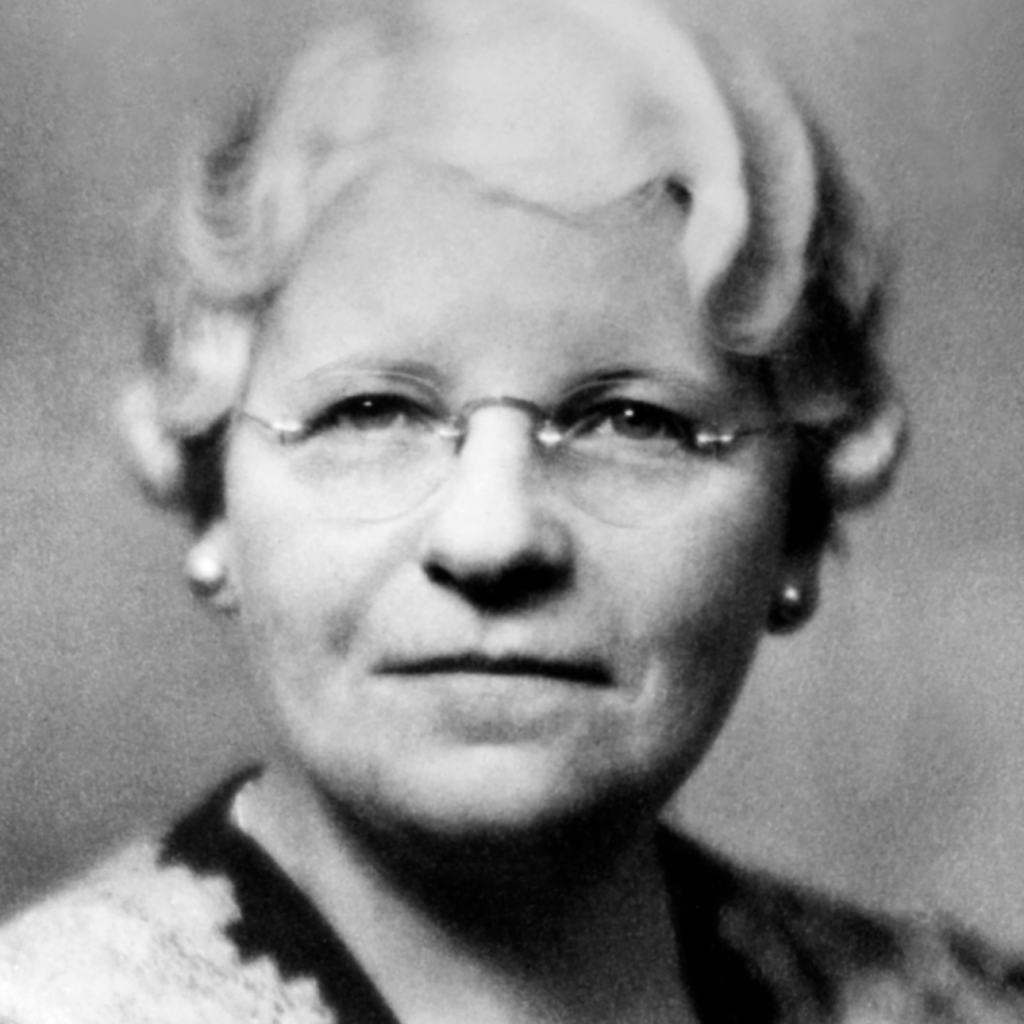
1934
Dr. C.N. Crutchfield
Part-time Secretary-Treasurer
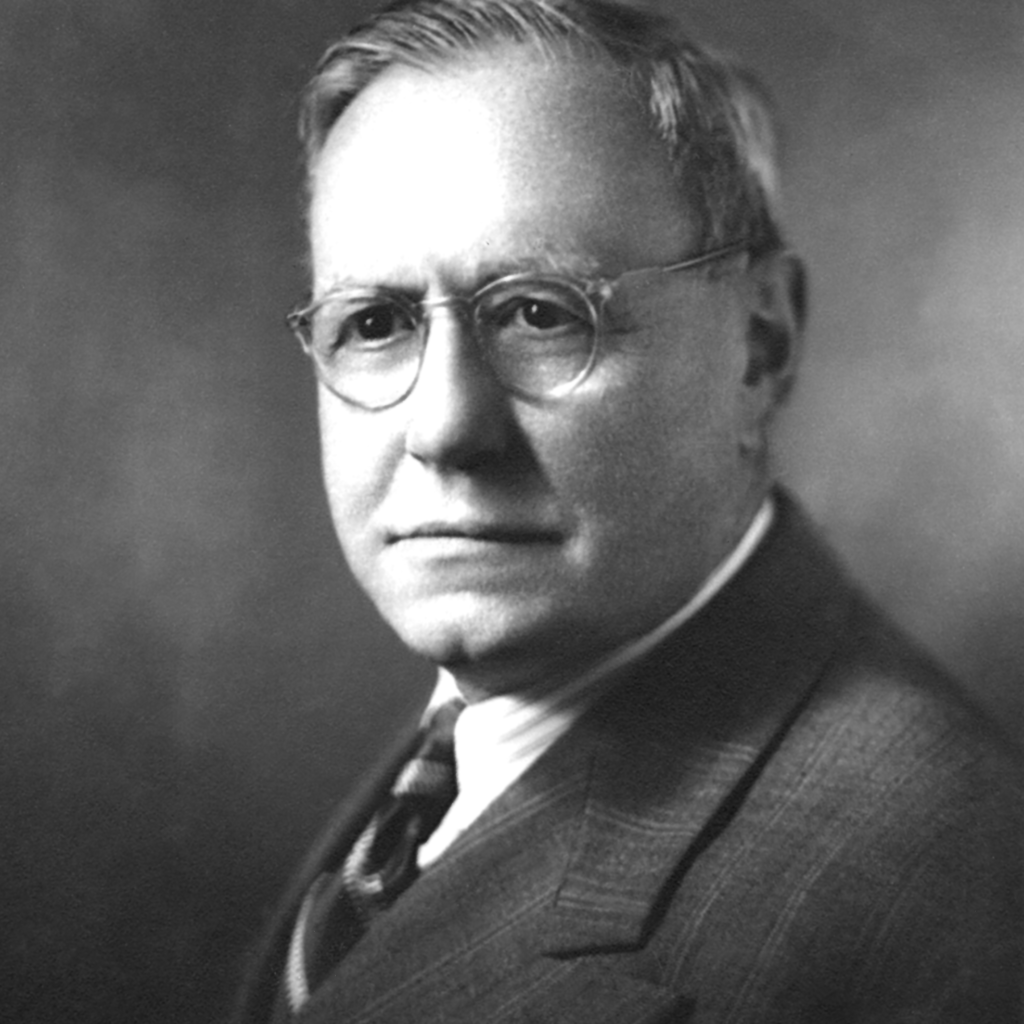
1927
Nova Scotia Teachers Union (NSTU)
1926
1923
1920
Harry Charlesworth
First President
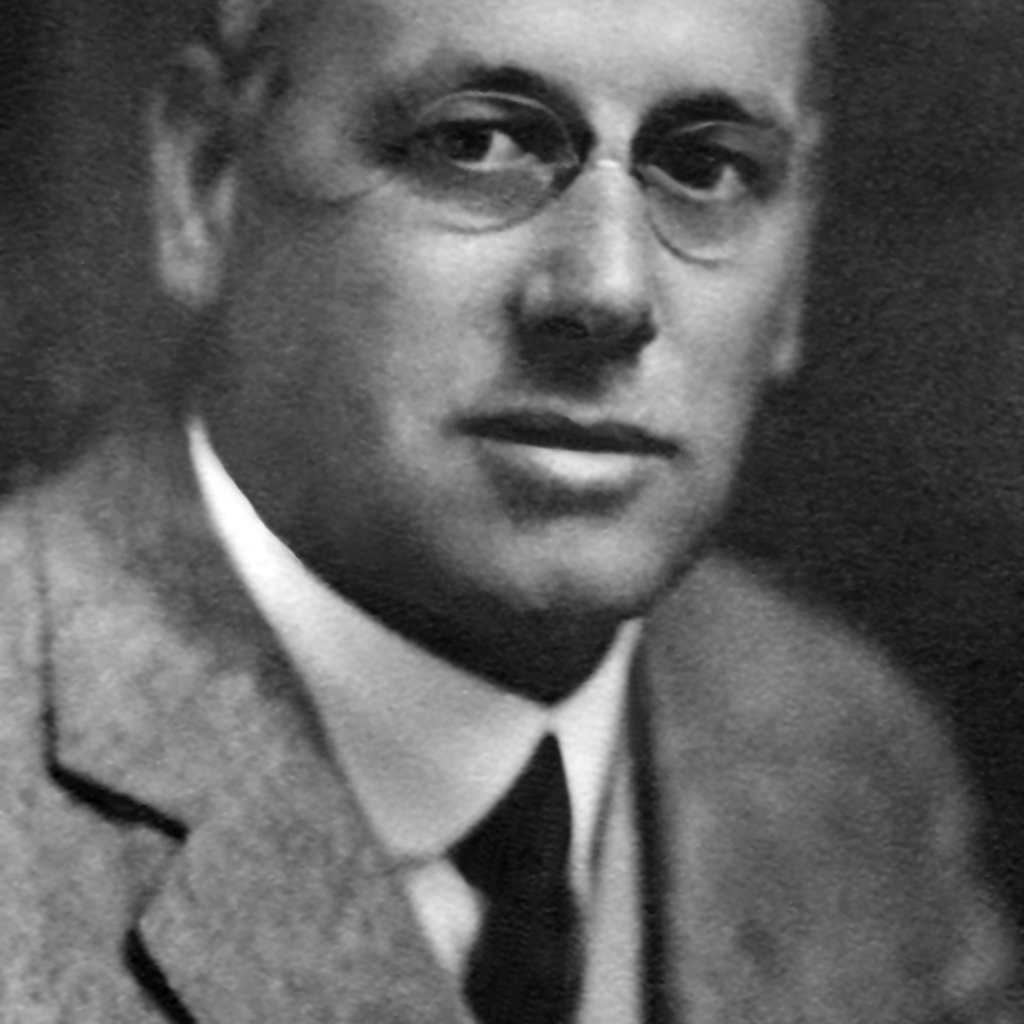
First CTF/FCE logo
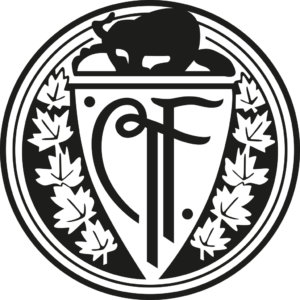
Inaugural meeting
Calgary, Alberta
